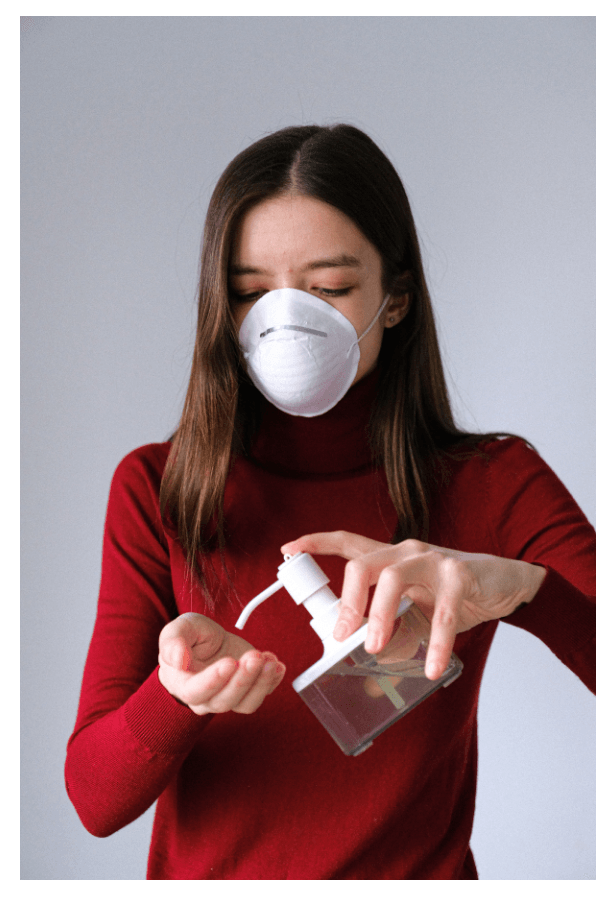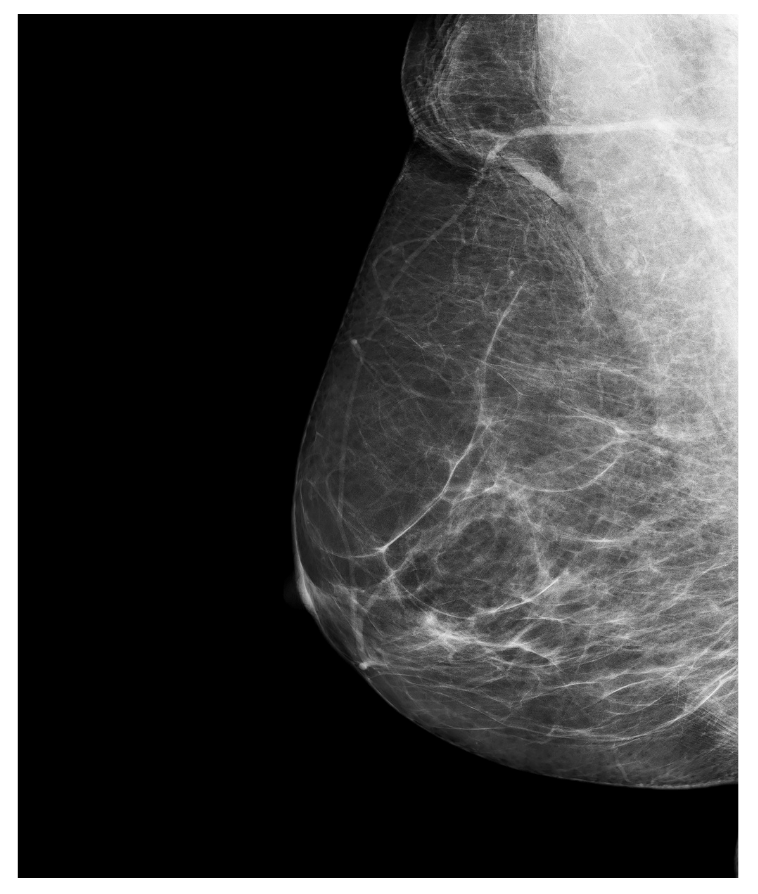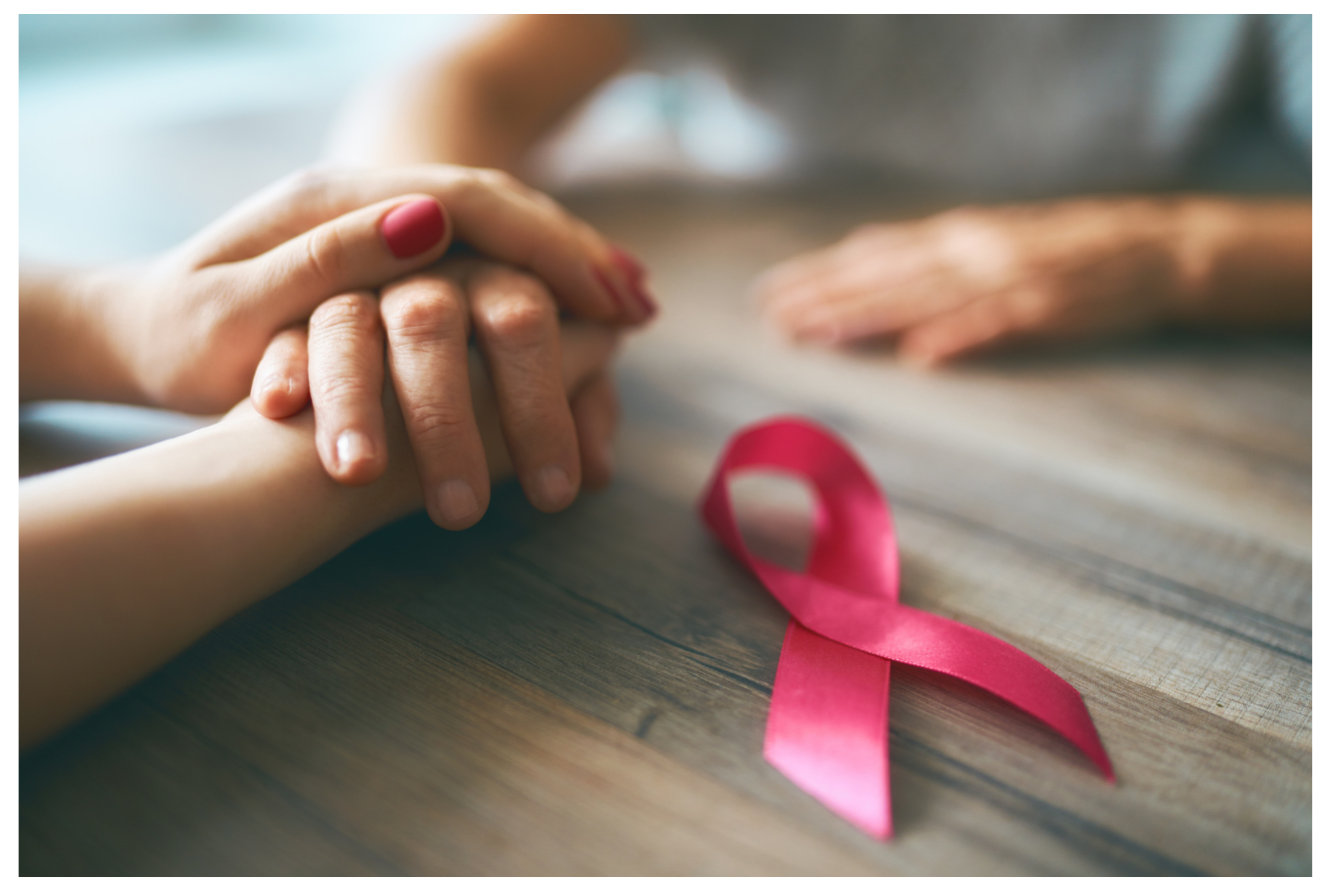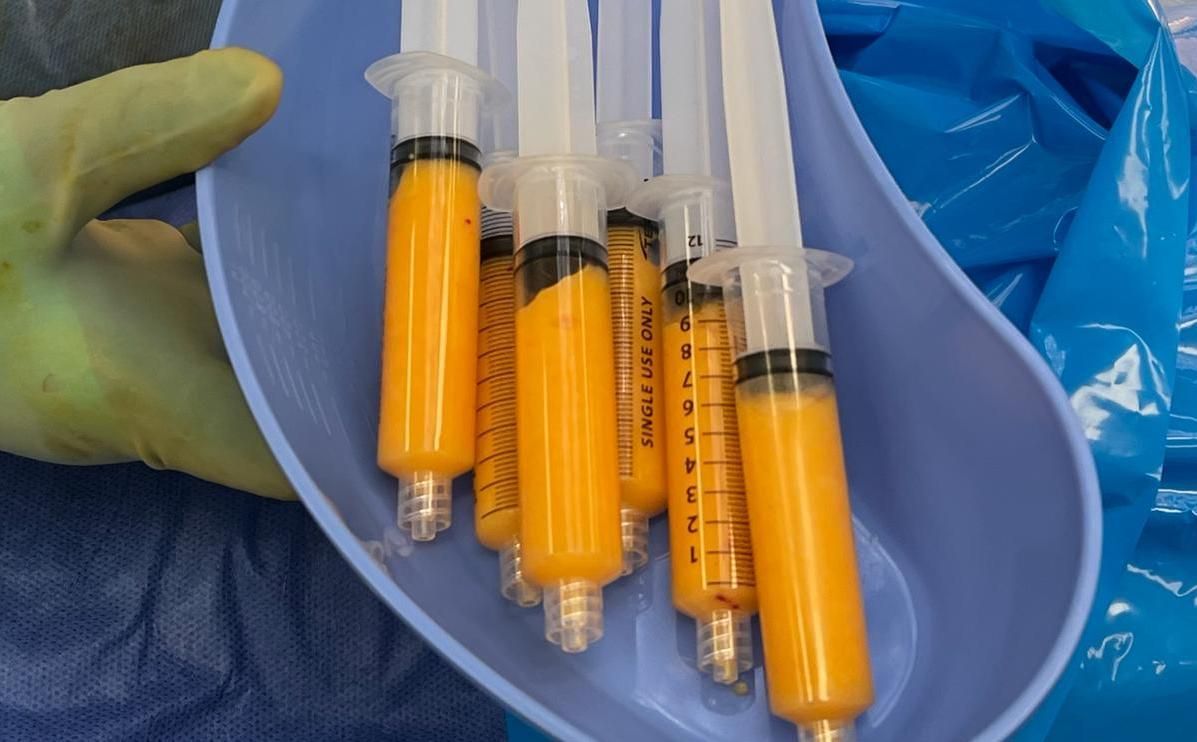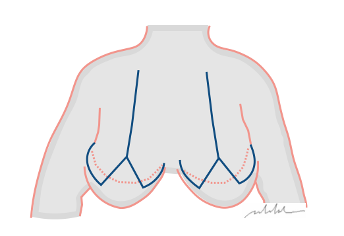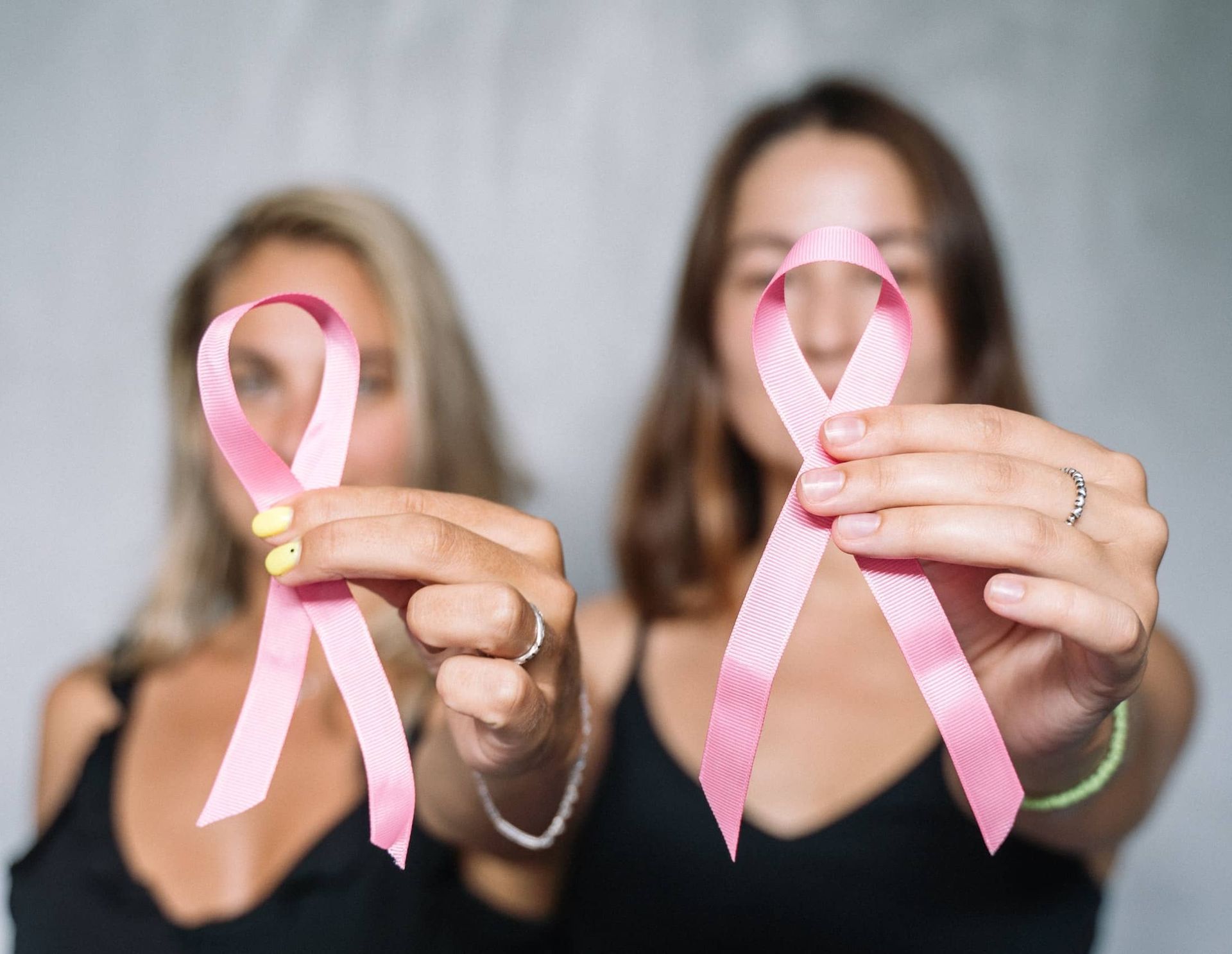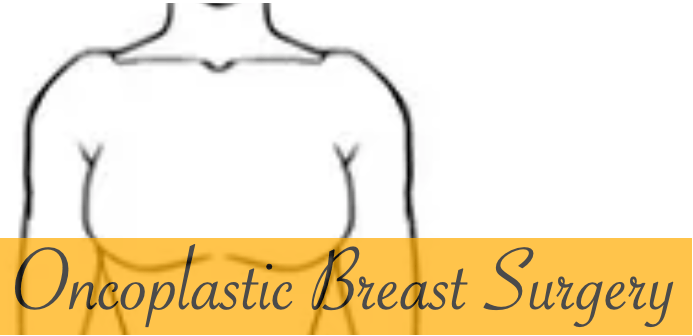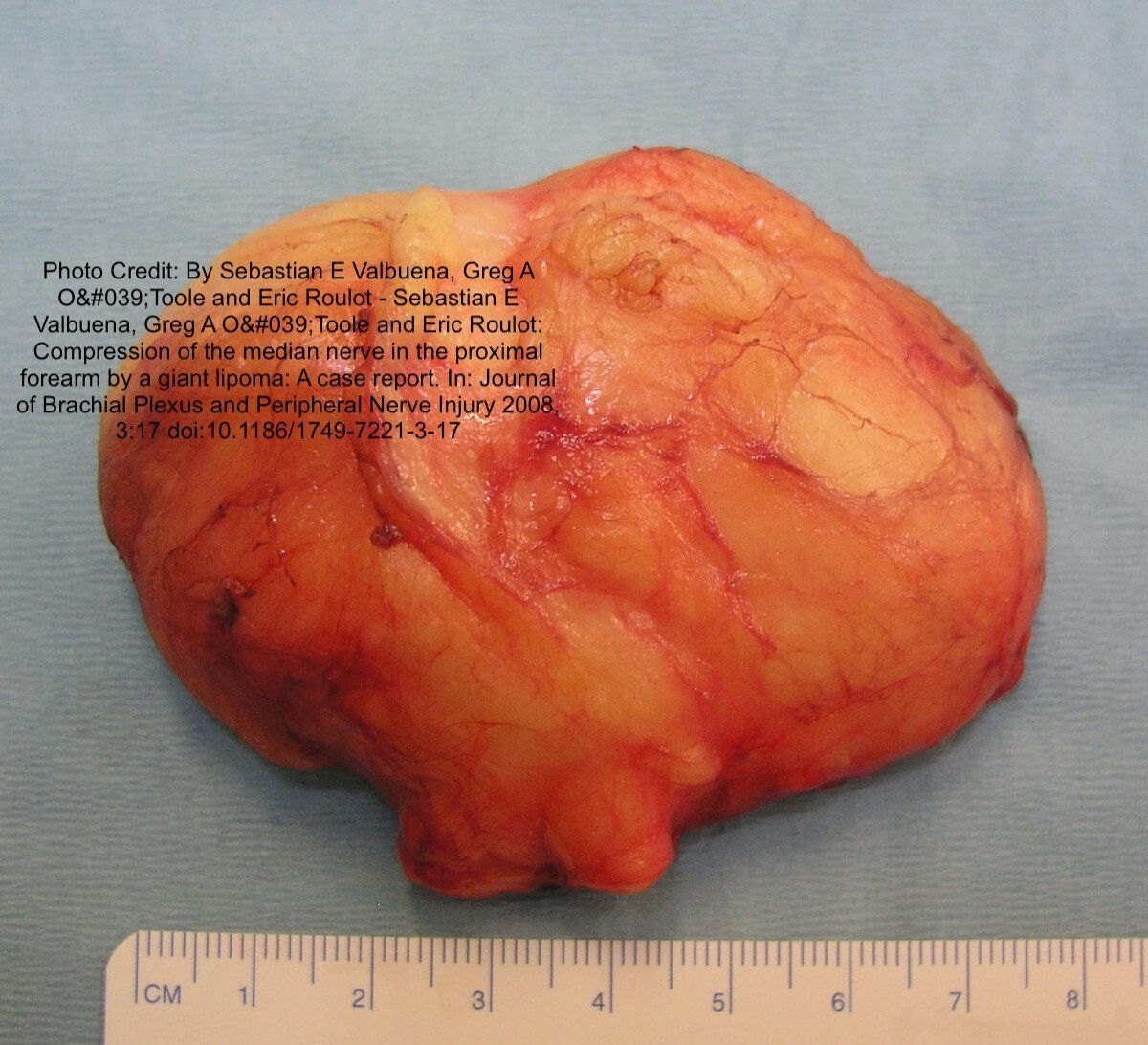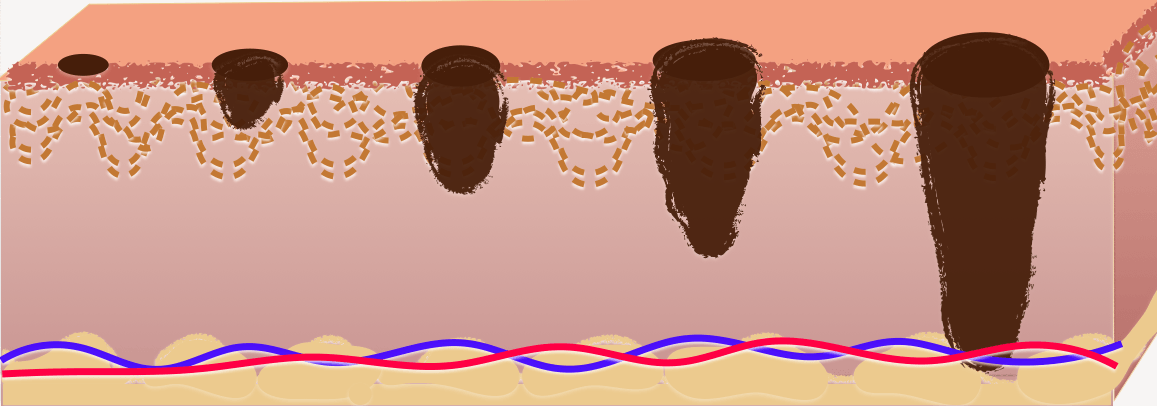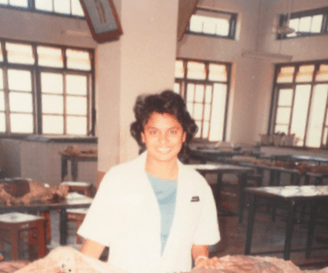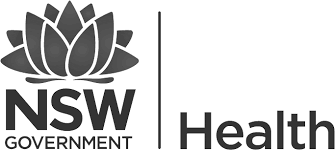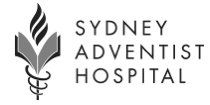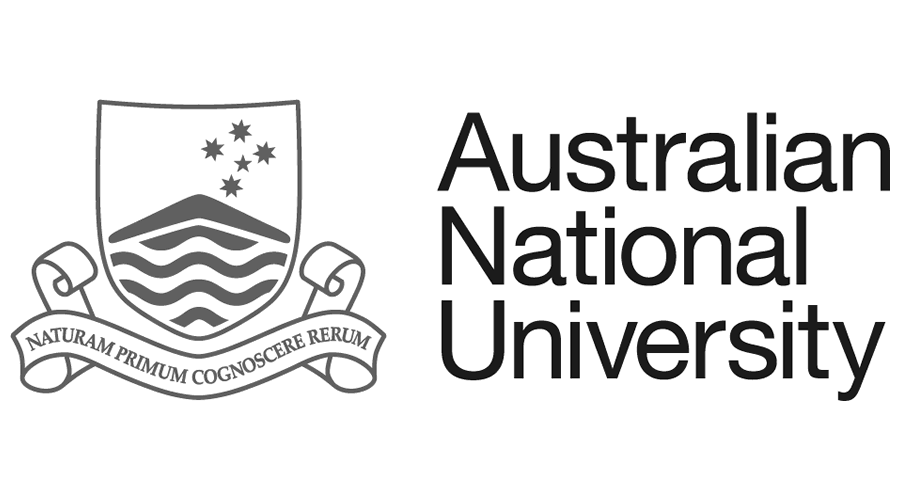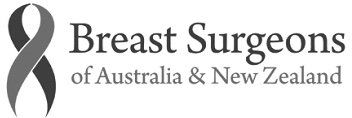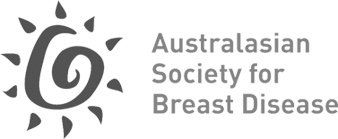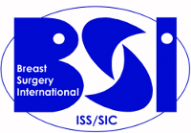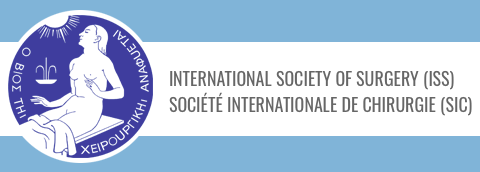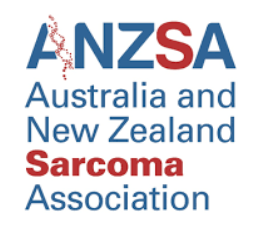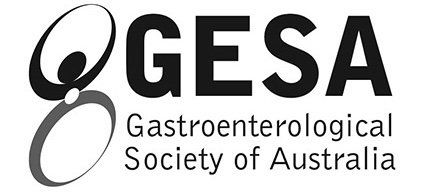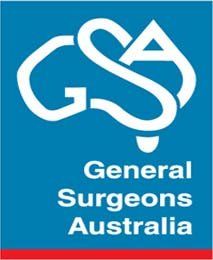By Sandra Krishnan
•
April 2, 2024
Lipofilling, Liquid Gold of breast cancer surgery What is Autologous Fat Grafting? Fat grafting, also known as lipofilling or autologous fat grafting, is a minimally invasive reconstructive method that an Oncoplastic Breast Surgeon uses to achieve an excellent outcome after breast cancer surgery. It utilises a patient's own adipose tissue to replenish volume loss resulting from breast cancer treatment or congenital abnormalities. This procedure involves transferring fat from one area of the body, typically the abdomen, thighs, or buttocks, to another area that requires augmentation or reconstruction. Fat injection specifically refers to the process of injecting harvested fat cells into a targeted area. What is the role of Lipofilling in Breast Cancer Reconstructive Surgery? Lipofilling plays a crucial role in breast cancer reconstructive surgery, offering a more natural alternative to traditional implant-based reconstruction. It allows for the creation of a soft and natural breast mound using the patient's own tissue, which can improve symmetry and restore confidence following mastectomy. Additionally, lipofilling can address contour irregularities and improve the aesthetic outcome of breast reconstruction. However, it's essential for patients to discuss their goals and expectations with their surgeon to determine if lipofilling is the right option for them, taking into account factors such as previous radiation therapy and the presence of any remaining cancer cells. What are the breast cancer surgical indications of Fat Grafting? The indications for fat grafting encompass rectifying and averting defects stemming from surgeries for breast cancer, preempting breast cancer, and rectifying defects related to congenital abnormalities. Does this procedure benefit patients who have had previous breast reconstruction? For patients who have previously undergone breast reconstruction, lipofilling can enhance prosthetic coverage and mitigate rippling, contour defects, and the adverse effects of radiotherapy on reconstructed breast skin. Total breast reconstruction via lipofilling necessitates multiple sessions due to the limited amount of tissue transferred per session. Additionally, lipofilling can aid in delayed breast reconstruction by preparing thin or irradiated chest skin flaps before the insertion of a tissue expander or autologous flap surgery. Furthermore, preliminary studies suggest that lipofilling may alleviate chronic pain following breast cancer treatment, although its efficacy can vary, warranting further investigation. What are the steps of the procedure?


